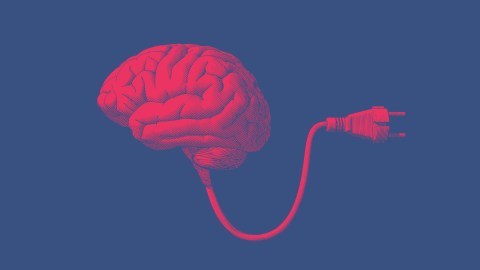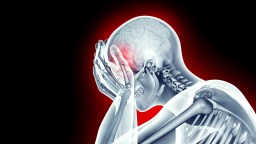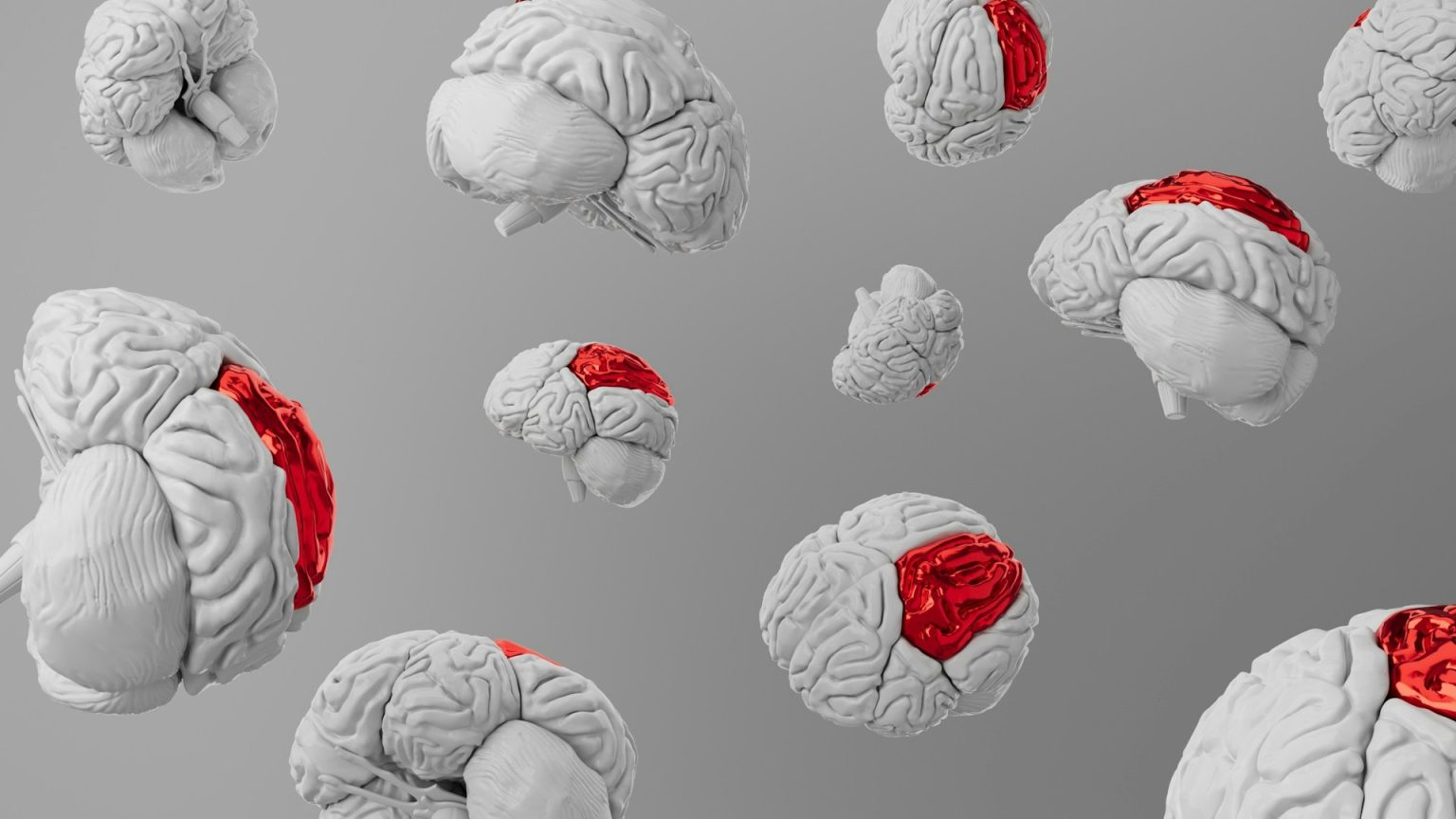Feel first, think second: Is our brain really cut out for the modern world?

- The human brain evolved over hundreds of thousands of years to deal with immediate risks, like hunger and danger, not the complicated, creeping risks we face today, like obesity and climate change.
- Emotional, fear-based thinking makes us prone to irrationality. Slowing down your decision-making and asking for advice are two simple ways to be more rational.
- In the long run, humanity tends to be more rational than individual humans, as evidenced by our slow, but steady march toward progress.
Do you ever feel like your brain isn’t meant for modern times, like it’s a relic of a bygone era? After all, we’re afraid of snakes and spiders, even though we rarely encounter them in the developed world. We wolf down energy-packed fatty foods like our next meal isn’t a sure thing, even though the bulk of us have access to many more calories than we need. And we’re afraid of the dark in our own homes.
The human brain evolved over hundreds of thousands of years to deal with immediate risks, like hunger and danger, but the vast majority of humans today are neither starving nor in danger of being hunted by a predator or bitten by a poisonous creature. Instead the risks we face — obesity, climate change, pollution, nuclear suicide — are creeping and complex. And they’ve materialized in an evolutionary blink of an eye, leaving our brain’s threat and thinking systems maladapted to deal with them.
“Our brain is hardwired, and the chemistry of the brain guarantees that we feel first and think second,” David Ropeik, an author and expert in risk perception, told Big Think. “That worked pretty well when the risks were lions and tigers and bears and the dark, oh, my. It’s not as good now when we need to rationalize and reason and use the facts more with the complicated risks we face in a modern age.”
Is there anything we can do to overcome this ingrained irrationality?
“If the brain jumps to conclusions out of emotion first, just assume that your first decision might not be the most informed one,” Ropeik said. “Don’t leap to conclusions. Take more time, a half an hour, an hour, a day, two. Think about it… Get more information.”
Dan Ariely, the James B. Duke Professor of Psychology and Behavioral Economics at Duke University and founder of The Center for Advanced Hindsight, suggested another strategy when he sat down with Big Think.
“Think from an outsider’s perspective. When you think about your own life, you’re trapped within your own perspective. You’re trapped within your own emotions and feelings and so on.”
But if you can think about a problem with a dispassionate, unattached viewpoint, you’ll likely reach a more rational decision.
You can also outsource your brain’s thought process to friends, family, or even anonymous internet forums. Simply asking others for advice is a great way to tackle problems more rationally, Ariely said.
Ariely suggests that seeking wisdom from a collective fits well with an idea that Paul Bloom, a Professor of Psychology at the University of Toronto, espouses: A human may be irrational, but humanity can be quite rational.
“My fellow psychologists, philosophers, neuroscientists often argue that we’re prisoners of the emotions, that we’re fundamentally and profoundly irrational, and that reason plays very little role in our everyday lives,” Bloom told Big Think. “I honestly don’t doubt that that’s right in the short-term, but I think in the long run, over time, reason and rationality tends to win out.”
Bloom cites humanity’s steady course toward collective betterment to support his hopeful outlook. Over time, humans have grown more peaceful, less impoverished, longer-lived, and more law-abiding.
“There’s a lot of explanation for these changes, but I think one key component has been exercise of reason, and I’m optimistic we’ll continue this in the future,” Bloom says.
Daniel Dennett, the Austin B. Fletcher Professor of Philosophy and Co-Director of the Center for Cognitive Studies at Tufts University, agrees. He predicts that our brains will gradually become better-suited to the modern era.
“It’s quite a robust thinking system that we’ve got between our ears. We’re going to develop more and better-thinking tools, and we’re going to identify more weaknesses in our rationality.”





